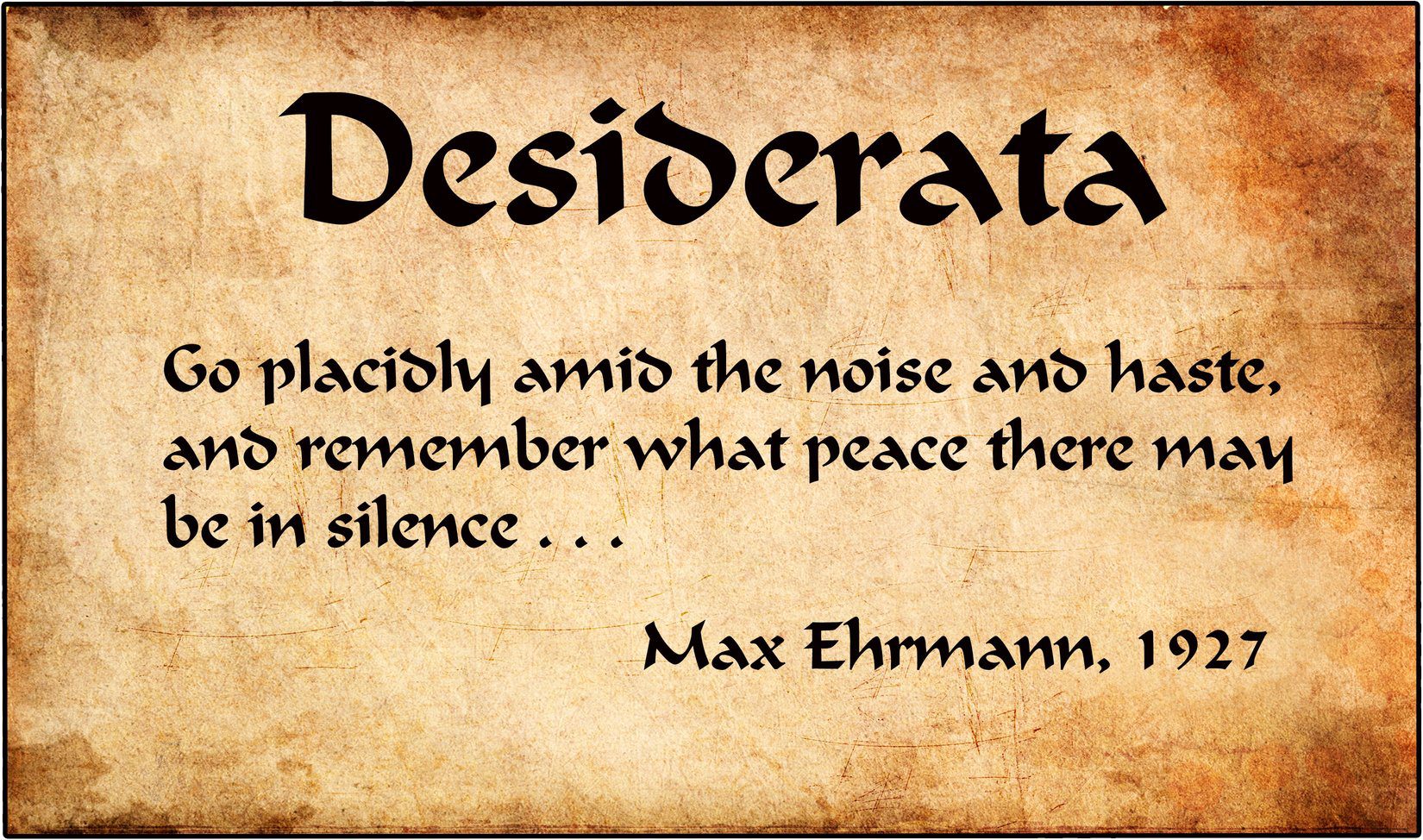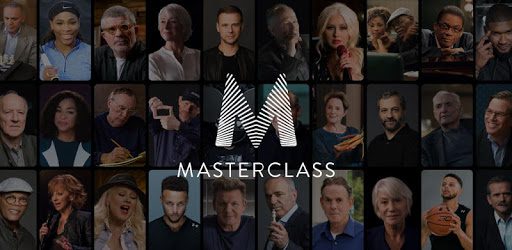I remind myself every morning: Nothing I say this day will teach me anything. So if I’m going to learn, I must do it by listening. – Larry King
I am not the best of listener, it is a weakness am taking conscious effort in trying to remedy. It is a constant battle for me to stay silent when someone is speaking. It is a life long journey, just like any habit. You can Learn and Unlearn any thing you put your mind into.
I am committing to Listening for a change. Here are some thoughts and insights on Listening that could help:
In the Contranian’s Guide to Leadership, Steven B. Sample wrote :The average person suffers from three delusions:
- That he is a good driver
- That he has a good sense of humor
- That he is a good listener
The biggest mistake you can make in trying to talk convincingly is to put your highest priority on expressing your ideas and feelings. What most people really want is to be listened to, respected, and understood. The moment people see that they are being understood, they become more motivated to understand your point of view. – David D. Burns (Psychiatrist and Author)
John Maxwell in his Book, the leaders greatest return, shares a joke about listening:
We hear half of what what is being said, listen to half of what we hear, understand half of that, believe half of that, and remember only half of that. If you translate those assumptions into an eight hour workday, here is what what would mean:
- You spend about four hours listening
- You hear about two hour of what is said
- You actually listen to an hour of that
- You understand only thirty minutes of that
- You believe only fifteen minutes of that
- And you remember only seven and a half minutes of it.
No hables al menos que puedas mejorar el silencio. (Don’t speak unless you can improve on the silence.)—Jorge Luis Borges
According to Brian Adams, author of Sales Cybernetics, during the average waking day, we spend most of it listening. He offers the following statistics:
- 9 percent of the day is spent writing
- 16 percent of the day is spent reading
- 30 percent of the day is spent speaking
- 45 percent of the day is spent listening
Effective listening requires more than hearing the words transmitted, it demands that you find meaning and understanding in what is being said. After all, meanings are not in words, but in people.- Herb Cohen (Negotiation Expert and Author)
In his Book, Becoming a Person of Influence, John C. Maxwell offers nine suggestions that could help in becoming a good listener:
1. Look at the Speaker
The whole listening process begins with giving the other person your undivided attention. As you interact with someone, don’t catch up on other work, shuffle papers, do the dishes, or watch television. Set aside the time to focus only on the other person. And if you don’t have the time at that moment, then schedule it as soon as you can.
2. Don’t Interrupt
Most people react badly to being interrupted. It makes them feel disrespected. And according to Robert L. Montgomery, author of Listening Made Easy, It’s just as rude to step on people’s ideas as it is to step on their toes.” People who tend to interrupt others generally do so for one of these reasons:
• They don’t place enough value on what the other person has to say.
• They want to impress others by showing how smart or intuitive they are.
• They’re too excited by the conversation to let the other person finish talking.
If you are in the habit of interrupting other people, examine your motives and determine to make a change.
3. Focus on Understanding
Have you ever noticed how quickly most people forget the things they hear? Studies at institutions such as Michigan State, Ohio State, Florida State, and the University of Minnesota indicate that most people can recall only 50 percent of what they hear immediately after hearing it. And as time passes, their ability to remember continues to drop. By the next day, their retention is usually down to about 25 percent.
One way to combat that tendency is to make your goal understanding rather than just remembering facts.
4. Determine the Need at the Moment
The ability to discern the other person’s need at the moment is part of becoming an effective listener. People talk for so many different reasons: to receive comfort, to vent, to persuade, to inform, to be understood, or to relieve nervousness. Often people talk to you for reasons that don’t match your expectations.
5. Check Your Emotions
Anytime that you become highly emotional when listening to another person, check your emotions—especially if your reaction seems to be stronger than the situation warrants.
6. Suspend Your Judgment
As you talk to others, wait to hear the whole story before you respond. If you don’t, you may miss the most important thing they intend to say..
7. Sum Up at Major Intervals
A technique for active listening is to sum up what the other person says at major intervals. As the speaker finishes one subject, paraphrase his or her main points or ideas before going on to the next one, and verify that you have gotten the right message. Doing that reassures the person and helps you stay focused on what he or she is trying to communicate.
8. Ask Questions for Clarity
If you want to become an effective listener, become a good reporter— not a stick-the-microphone-in-your-face-and-bark-questions-at-you reporter, but someone who gently asks follow-up questions and seeks clarification. If you show people how much you care and ask in a nonthreatening way, you’ll be amazed by how much they’ll tell you.
9. Always Make Listening Your Priority
No matter how busy you become or how far you rise in your organization. If you show people how much you care and ask questions in a nonthreatening way, you’ll be amazed by how much they’ll tell you.
Wisdom is the reward you get for a lifetime of listening when you’d have preferred to talk. – Doug Larson
All the Best in your quest to get better. Don’t Settle: Live with Passion.



Comments are closed.